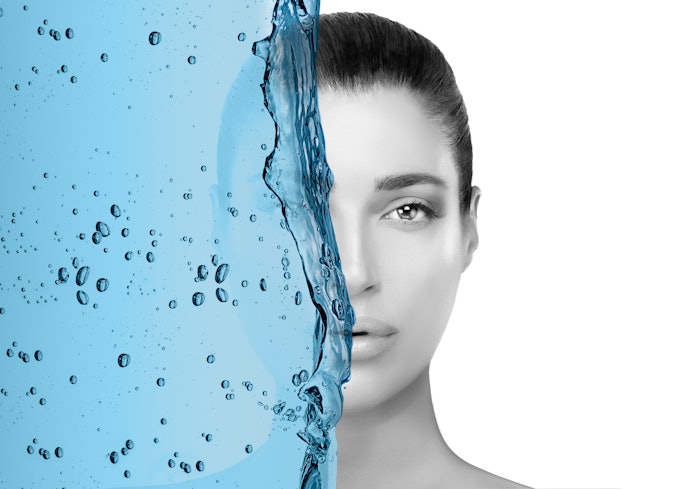
Work published in Cosmetics analyzed an alternative preservation strategy in o/w emulsions that is based on reducing water activity by using natural humectants.
Featured: Phyla Friendly? Preservatives vs. the Skin Microbiome
As the authors explain, water activity is typically the cause of microbial growth. It is a measure of unbound water in a product and restricting it controls conditions for potential microbial growth. Because of this, lowering the water activity in formulas by using water-binding agents can serve as a preservation strategy.
Here, researchers leveraged a combination of the natural humectants sodium lactate, propanediol, erythritol, betaine and sodium PCA to lower the water activity of o/w emulsions using Cosmetic Ingredient Review (CIR)-recommended safe use levels. The emulsions were challenge-tested for microbial stability, and assessed in a randomized forearm-controlled study for skin barrier effects.
See archived: Water Activity
According to the authors, for the first time, this approach using a water activity-reduction strategy was shown to improve the microbial stability of a formulation with a positive effect on skin barrier function. This offers an alternative, natural and modern preservation strategy with a positive effect on the skin barrier, presenting the possibility of replacing conventional preservatives. The authors added that the water activity-lowering solute could be modified by other small polar molecules and combined with additional antimicrobial multifunctional agents.










